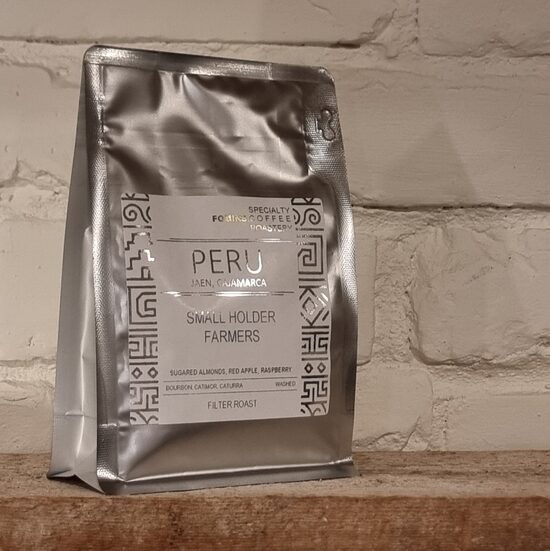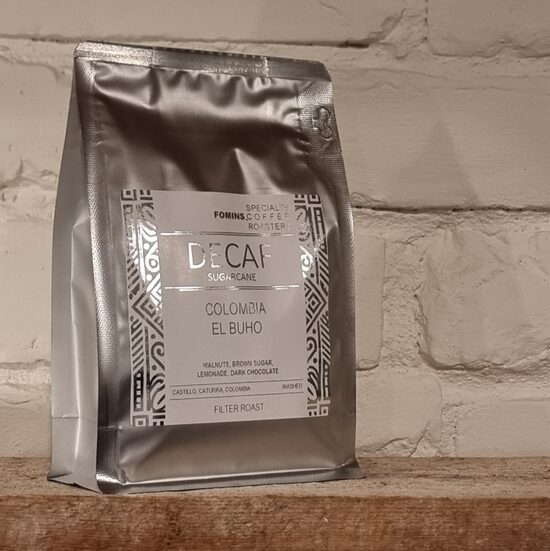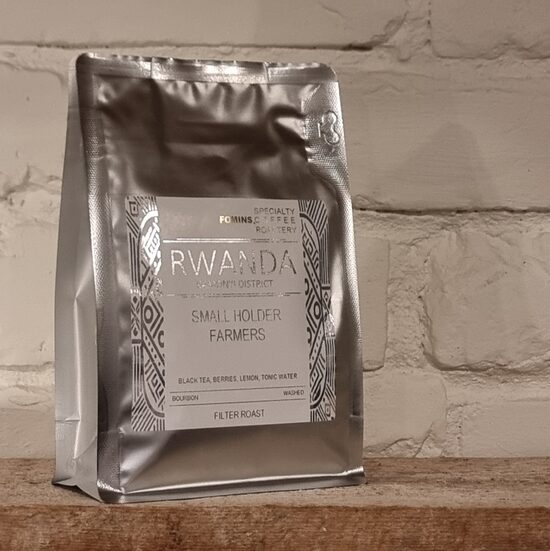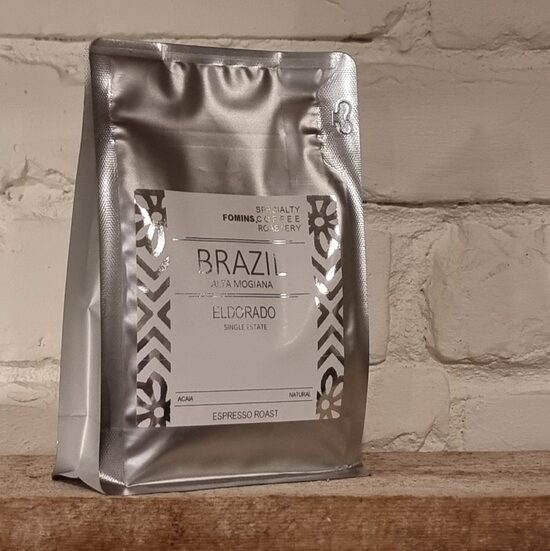Colombia. Coconut&Lemon FILTER
Colombia
Pina colada, tropical, lemon, champagne, intense coconut aroma
200g
This special coconut & lemon-infused fermentation lot is sourced from producer Juan Pablo Velez and his farm Finca La Luisa.
Sitting at an impressive elevation of 1,720masl, La Luisa and is a large 70 hectare estate located near the village of San Bernardo de los Farrallones, Ciudad Bolivar, in the region of Antioquia.
This lot was processed using a combination of anaerobic fermentation with added fresh coconut & lemon, along with the honey method.
The Process
This lot utilised a double carbonic maceration fermentation in stainless steel tanks - one cherry fermentation and a second after pulping with fresh lemon and coconut
Ripe coffee cherries are introduced to the tank and CO2 is flushed to create an environment without presence of oxygen (anoxic). The cherries are fermented in this environment for 5 days (120 hours.)
The cherries are then removed and de-pulped but the leached liquor from the fermentation is preserved. The pulped coffee is then fermented a second time with a leached liquor from the first fermentation as well as fresh coconut and lemon. This second fermentation takes 3 days. Finally the coffee is dried on raised beds as a honey process until the optimum moisture content has been reached.
History of Coffee in Colombia
As with many coffee origins, it is believed that coffee was first brought to Colombia by priests, arriving, perhaps, within a decade or two after coffee first came to the Americas via the Caribbean in the first half of the 17th century. It was likely a garden crop grown for local consumption and barter for decades. Unlike other coffee regions, we have the story of a priest named Francisco Romero, who could be called the father of commercial coffee cultivation in Colombia. The folkloric tale goes that in the early 1800’s, Father Francisco, hearing confessions in the north eastern town of Salazar de la Palmas, assigned planting coffee to his parishioners as penance for their sins. The Archbishop of Colombia heard about this and ordered all priests to adopt the practice. Commercial production of coffee expanded quickly, moving into regions where the growing conditions were ideal.
Related products
Customer reviews
★★★★★
Jānis D., 27 Sep, 2025
Kafija lieliska garšoja brūvējot gan v60 gan aeropresē. Izteikts dzirkstošs citrons ar feinu kokosa saldumiņu!
Cart
Cart is empty.




